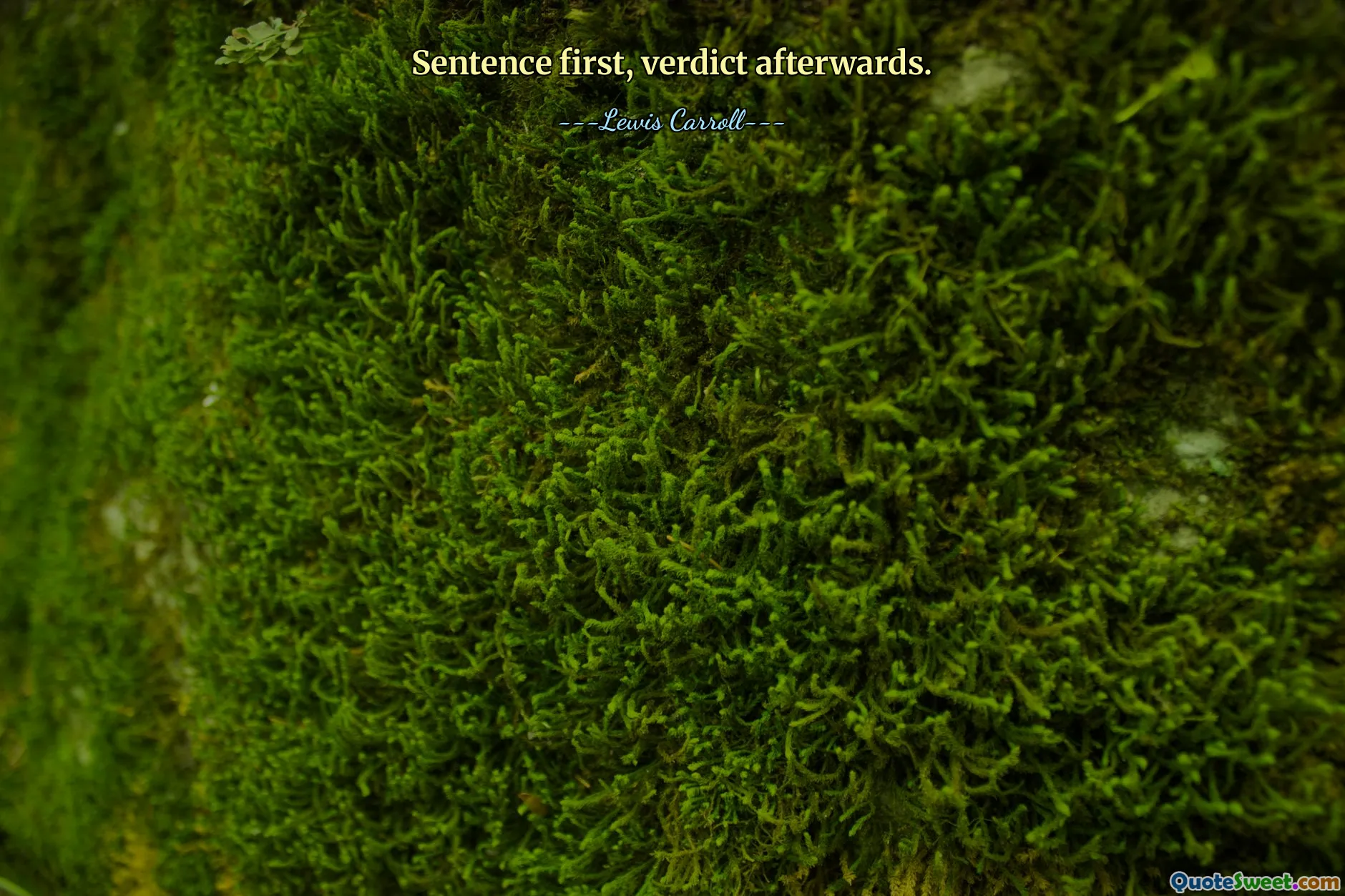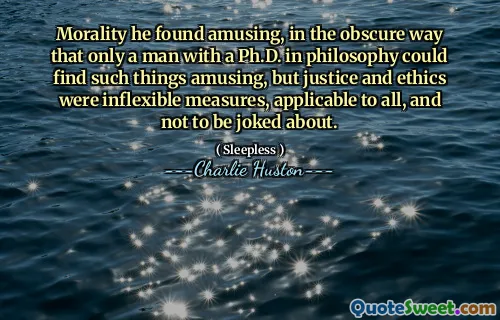
Sentence first, verdict afterwards.
This quote highlights the importance of establishing clarity through proper analysis before jumping to conclusions. In the judicial context, it emphasizes that understanding the facts — the 'sentence' — should come before the final judgment or 'verdict.' This principle is essential not only in courts but also in everyday decision-making and critical thinking. Jumping to conclusions without thoroughly examining the evidence can lead to unjust outcomes, misunderstandings, and faulty decisions. The sequence suggested by the quote advocates for patience, due process, and rational reasoning, reminding us that a fair and objective resolution depends on first assessing the details carefully. Applying this mindset in various aspects of life encourages us to prioritize gathering facts and evaluating information conscientiously before forming a definitive opinion or making commitments. By doing so, we cultivate fairness, reduce biases, and foster better understanding. Ultimately, this approach aligns with the broader ideals of justice and rationality, guiding us to make well-informed, just decisions rather than impulsive ones.









